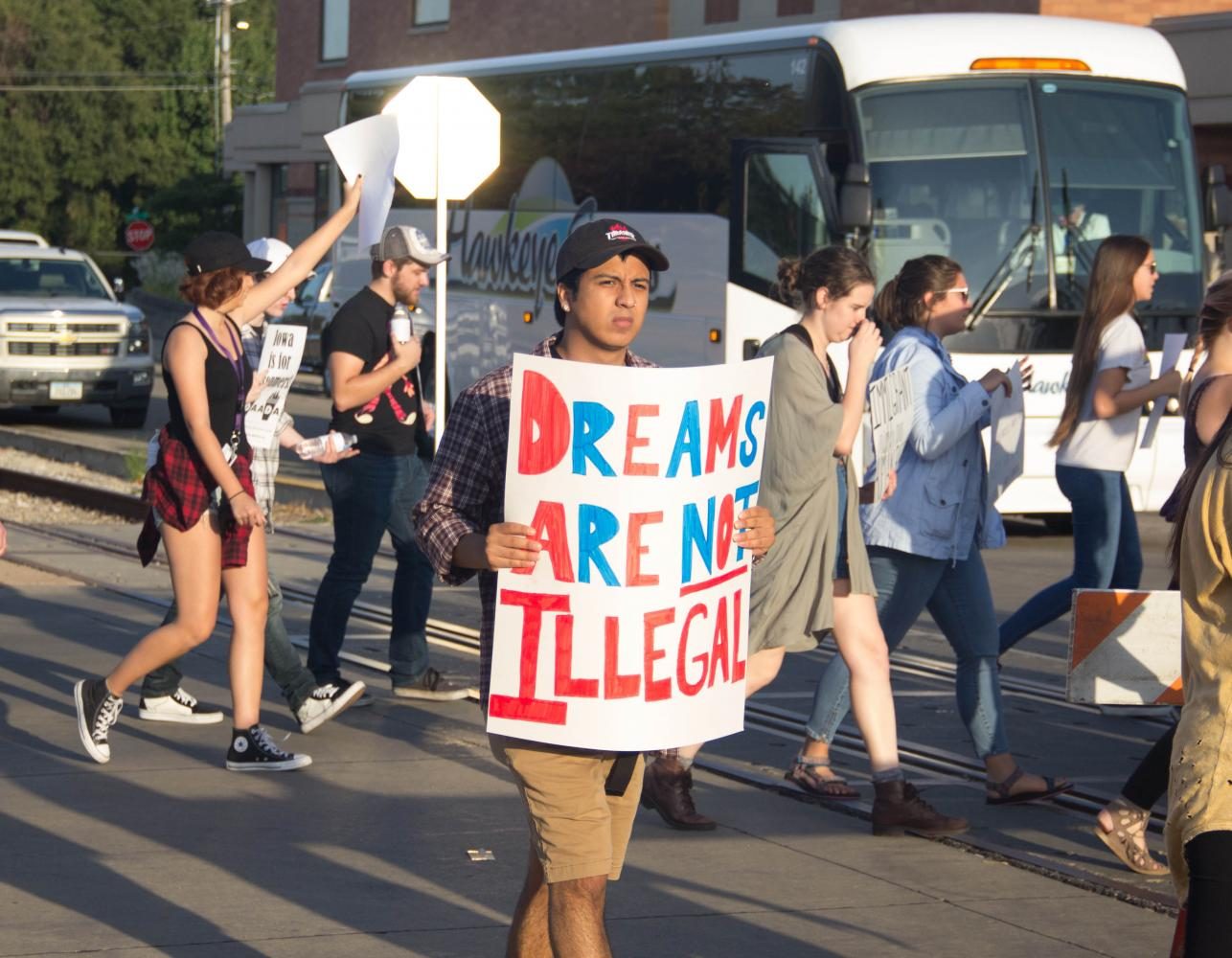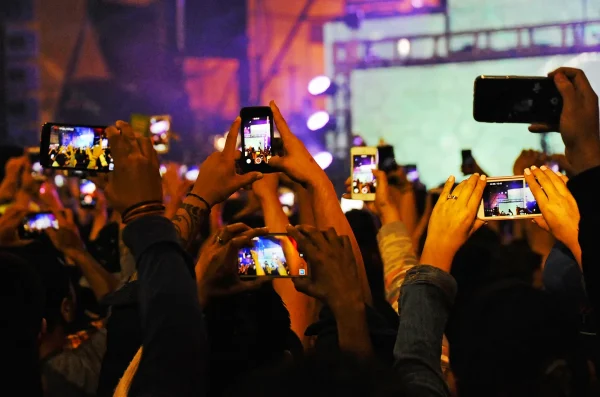Columnist responds to DACA opinion piece
Opinion columnist responds to a previous column about the rescinding of DACA, referring to deporrtations as “cruel” and “barbarous.”
Sep 18, 2017
This column is partly my commentary on the Deferred Action for Childhood Arrivals (DACA) program and partly a response to Leziga Barikor’s opinion column, “DACA: Failure from the start.”
I appreciate that Barikor used “unauthorized migrants” or “unauthorized immigrants;” that is so much better than “illegals.” For my column, I will be using “unauthorized Americans.”
Now, let us examine the cold hard facts on Dreamers (recipients of DACA). There are 800,000 Dreamers in the United States (New York Times). That means there are Dreamers on our campus. I encourage you to discuss DACA with respect for others and to keep UNI Dreamers in your thoughts.
Who are the Dreamers? Well, they are children of unauthorized Americans that have spent the majority of their lives in the United States. Dreamers speak English and participate in American culture. Dreamers are our classmates, coworkers and friends.
The benefits of the DACA program include work permits, social security numbers, driver’s licenses, personal financial advantages and more.
In order to receive the DACA benefits, Dreamers have to reach high standards and perform a lot of work. A Dreamer cannot have any significant misdemeanors or felonies (that is an automatic disqualification of DACA).
In order to become a Dreamer, applicants fill out hundreds of papers and provide many references. There is high competition to be a Dreamer because there is a limited number of spots in the DACA program. Thus, I am not exaggerating when I say that Dreamers are the best of the best.
Once they have been accepted into the program, Dreamers must pay $495 every two years to remain in the program, and their renewal is not guaranteed! In addition, Dreamers pay federal, state and local income tax that generates a revenue of $1.2 billion a year (Define American).
Well, aren’t they “stealing” welfare benefits? Absolutely not. Dreamers cannot collect any federal benefits like social security, food stamps, healthcare, or federal financial aid. Think about that. Federal loans are paying for my schooling, and Dreamers do not have access to that.
As Barikor said, “unauthorized immigrants had no path towards citizenship through the DACA and Deferred Action for Parents of Americans (DAPA) programs.” Dreamers want to be citizens; they have lived in the United States for the majority of their lives. They have taken steps to be “authorized” with the federal government.
Dreamers have become as “legal” as possible, but there is no path to citizenship for them. Dreamers are stuck in this stage between unauthorized Americans and United States citizens.
I could go on and on about how important unauthorized Americans are to the United States economy, but I am not going to. I want unauthorized Americans to have a path towards citizenship because they are human beings that deserve dignity and respect, not just because they have monetary value.
In Barikor’s column, she made a well-written, fresh argument for immigration reform. I found myself agreeing with her on many points.
I concur that DACA may have been a failure from the beginning because it was a temporary, non-comprehensive fix on immigration reform. DACA is an executive order and had the possibility to be easily overturned by future presidents (and this is exactly we are experiencing with Trump).
Barikor makes a great point that the Supreme Court may have inevitably overturned DACA.
However, President Obama did the best he could in his situation, and DACA made an incredible, positive impact on numerous individuals in our country thanks to Obama.
Barikor stated, “they trusted the Obama-era programs with their identities, and I think they deserve justice for that.” This situation really sucks because the federal government now has access to thousands of unauthorized Americans’ information, including the Dreamers, their parents and friends (remember those required references?).
Barikor asserted, “We need a just system that works and makes sense.” No argument here, this is exactly what we need. She continued, “that may not look like mass deportation, but it might look like case-by-case deportations.” I dissent. Deportations are cruel and display a gross disregard for humanity
Most Dreamers are in mixed-status families, which means that deportations break up families and put more children in the foster care system. Deportations of Dreamers is the process of forcibly removing Americans and exporting them to places that are often dangerous, violent and unfamiliar.
When the DACA program comes to an end, mass deportations may be a very real, extremely scary reality. Deportations are barbarous and not the answer.
We need to provide paths to citizenship for all unauthorized Americans. Comprehensive immigration reform needs to happen now.
Dreamers are Americans.

















